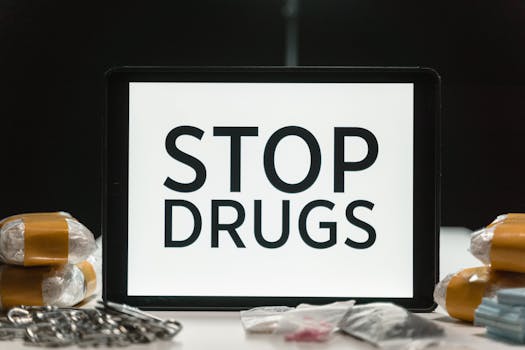
Breaking Free: The Unexpected Journey of Addiction and Recovery
Addiction. The word itself carries weight, conjuring images of despair, broken promises, and seemingly insurmountable obstacles. But beyond the stereotypes lies a complex tapestry of human experience, woven with threads of vulnerability, resilience, and the unwavering pursuit of hope. This article delves into the multifaceted world of addiction and recovery, exploring its causes, challenges, and the ultimately triumphant path towards healing.
The insidious nature of addiction often masks its true beginnings. It's rarely a conscious choice to descend into the abyss of substance abuse or compulsive behavior. Instead, it's a gradual process, often fueled by underlying trauma, mental health conditions like anxiety and depression, genetics, and societal pressures. For some, it's a coping mechanism – a temporary escape from overwhelming pain or a perceived lack of control. Others might fall prey to peer pressure, the allure of instant gratification, or simply a misguided belief that they can control their substance use. Whatever the initial trigger, the cycle of addiction quickly takes hold, transforming from a fleeting escape into a relentless grip that dictates every aspect of a person's life.
The brain, our command center, plays a pivotal role in understanding addiction. Substances of abuse and compulsive behaviors hijack the brain's reward system, flooding it with dopamine – a neurotransmitter associated with pleasure and reinforcement. This creates a powerful feedback loop, reinforcing the addictive behavior and making it increasingly difficult to resist. Over time, the brain adapts, requiring more and more of the substance or behavior to achieve the same effect – a phenomenon known as tolerance. Withdrawal symptoms, ranging from mild discomfort to life-threatening complications, further cement the cycle, creating a desperate need to continue the addictive behavior just to avoid the agonizing physical and psychological distress.
Recovery, therefore, is not simply a matter of willpower. It's a complex process that requires a multifaceted approach, addressing the underlying causes and providing the necessary tools and support to navigate the challenges ahead. This often includes a combination of therapies, including:
- Cognitive Behavioral Therapy (CBT): CBT helps individuals identify and change negative thought patterns and behaviors that contribute to addiction. It equips them with coping mechanisms to manage cravings and triggers.
- Motivational Interviewing: This approach focuses on enhancing the individual's intrinsic motivation to change, empowering them to take ownership of their recovery journey.
- 12-Step Programs: These peer-support groups, like Alcoholics Anonymous (AA) and Narcotics Anonymous (NA), provide a sense of community and shared experience, fostering mutual support and accountability.
- Medication-Assisted Treatment (MAT): For substance use disorders, MAT utilizes medications to reduce withdrawal symptoms, cravings, and the risk of relapse. This is often used in conjunction with therapy.
- Holistic Therapies: These approaches, such as yoga, meditation, and mindfulness, address the mind-body connection, promoting overall well-being and stress reduction – crucial components in sustaining long-term recovery.
The road to recovery is rarely linear. Relapses are a common part of the journey, and they shouldn't be viewed as failures, but rather as valuable learning opportunities. Each setback provides insights into triggers, coping mechanisms, and areas that require further attention. A crucial aspect of successful recovery is building a strong support system – family, friends, therapists, and support groups – providing encouragement and understanding throughout the process.
It’s vital to remember that recovery is not a destination, but a lifelong journey. It requires ongoing commitment, self-compassion, and a willingness to adapt to life's ever-changing challenges. The rewards, however, are immeasurable. Recovery offers the opportunity to rebuild lives, rediscover passions, nurture relationships, and experience the profound joy of living a life free from the chains of addiction.
Breaking free from addiction is a testament to the incredible resilience of the human spirit. It is a journey marked by both immense struggle and remarkable triumph. By understanding the complexities of addiction and embracing comprehensive treatment approaches, we can empower individuals to reclaim their lives and live fulfilling, meaningful lives, free from the grip of addiction. If you or someone you know is struggling with addiction, please reach out for help. There is hope, and there is a path to recovery. Resources are available, and support is waiting. Don't hesitate to seek it.
